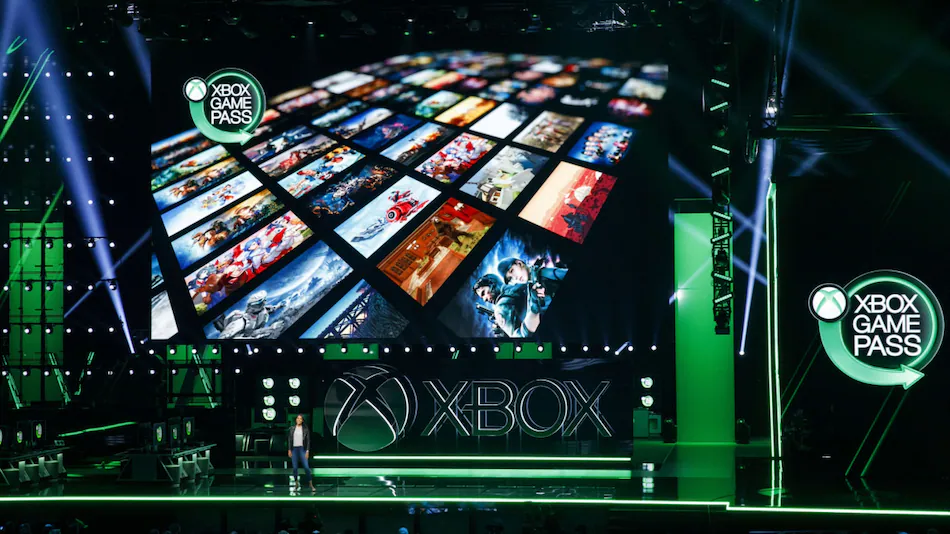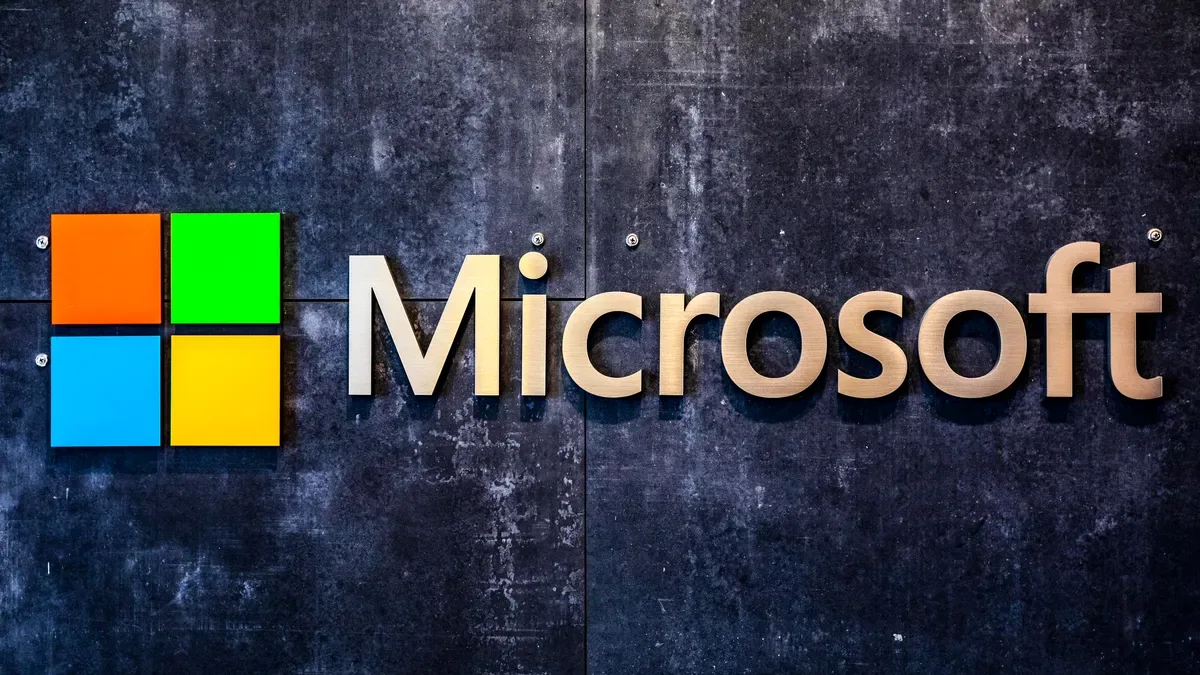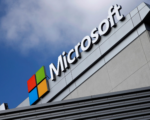Microsoft’s Cross-Platform Strategy: Hi-Fi Rush, Pentiment, Grounded, and Sea of Thieves Now on Sony and Nintendo Consoles
Microsoft made waves in February with its announcement to expand the availability of its exclusive Xbox titles beyond its own console ecosystem to include rival platforms like Sony’s PlayStation and Nintendo’s Switch. Initially, the company revealed plans to bring four of its games to these consoles, but recent developments suggest this is just the beginning. According to a new report, Microsoft is embarking on a broader strategy codenamed “Latitude,” aimed at significantly increasing the number of first-party Xbox titles available on the PS5.
The specifics of which titles will be included under this expansion have not been disclosed by the Windows Central report, but it hinted at these being “potentially obvious games” that align with what players might expect to see on rival platforms. This move marks a strategic shift for Microsoft, signaling a willingness to explore multi-platform releases more extensively than previously anticipated.
While Microsoft had initially drawn boundaries around its most significant exclusives, such as Bethesda’s Starfield and the upcoming Indiana Jones and the Great Circle, ensuring they remain exclusive to Xbox and PC, the new report suggests a reconsideration of this approach. It indicates that Microsoft’s leadership, including CEO Satya Nadella and CFO Amy Hood, are driving a strategy focused on maximizing margins across all divisions, which could mean fewer restrictions on where their games are released.
The decision to broaden the availability of Xbox titles reflects Microsoft’s larger strategic goal of expanding its reach and influence in the gaming industry. By leveraging its diverse portfolio of games across multiple platforms, Microsoft aims to capture a broader audience and increase engagement across different ecosystems. This approach not only enhances the company’s revenue potential but also strengthens its position in the competitive landscape of gaming consoles.

Critically, this move could reshape industry dynamics by fostering greater collaboration and competition among gaming platforms. It opens up new possibilities for players who may prefer specific consoles but still want access to popular Xbox titles. Moreover, it underscores Microsoft’s commitment to adapting to evolving consumer preferences and market dynamics, ensuring its games reach the widest possible audience.
As Microsoft continues to execute its “Latitude” strategy, the gaming community will undoubtedly be watching closely to see which titles will be included and how this shift will impact the overall gaming experience. The company’s willingness to embrace cross-platform availability could set a precedent for future industry trends, emphasizing flexibility and accessibility in game distribution strategies.
In conclusion, Microsoft’s expansion of Xbox titles onto rival platforms represents a strategic pivot aimed at capitalizing on market opportunities while enhancing its competitive edge in the gaming industry. By embracing a more inclusive approach to game distribution, Microsoft is poised to redefine gaming ecosystems and player experiences in the years to come.

















